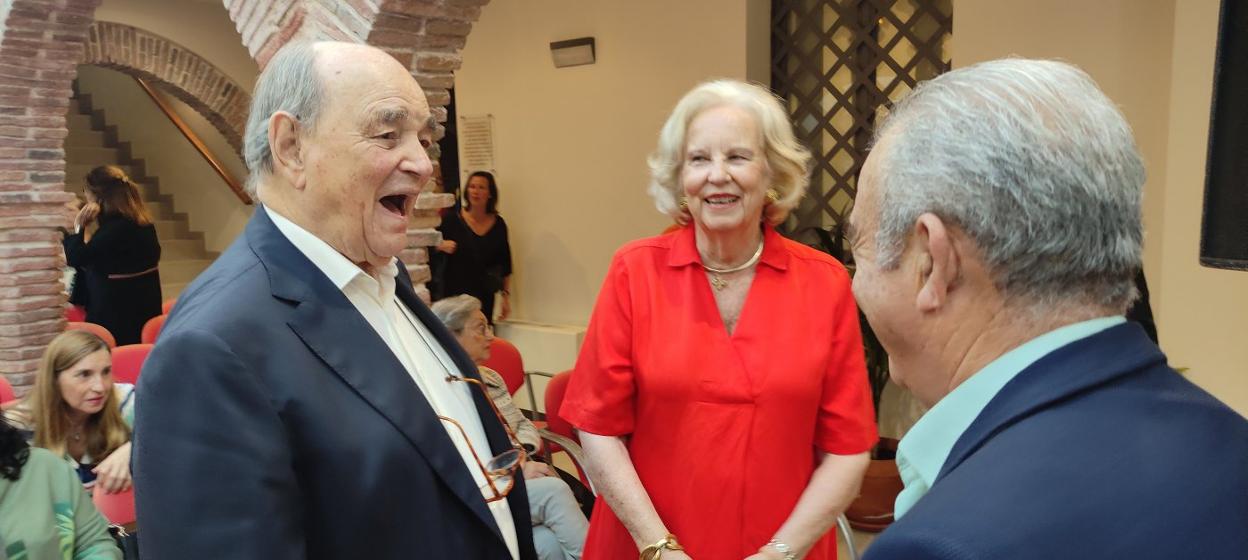Count Rudi, from family castles to the Marbella Club
A recent biography reveals the ups and downs in the life and career of this German aristocrat who helped to develop the iconic hotel
DAVID LERMA
Friday, 4 November 2022, 12:22
"Are you going to be a banker or a diplomat?" his uncle Max asked him one day in Saint Moritz. Those were the expected careers for someone like Rudolf Graf von Schönburg (1932), better-known in Marbella as Count Rudi, but he had other plans. "What I'd really like to do is hotel management," he explained to his godfather, who then financed his studies at the world's top hotel management college, l'École Hôtelière de Lausanne in Switzerland.
In the recent biography, El Conde Rudi. Un Hombre Afortunado, José María Sánchez-Robles, says his chosen profession was "similar to that of the administrator of a castle". His aristocratic German family had three of those, from where they governed the region of Schönburg-Glauchau for 1,000 years, until the end of the First World War.
Count Rudi's early life in Saxony passed without incident. Despite losing their aristocratic privileges with the advent of the Weimar Republic, his family still had money. Only the rise of national socialism and the start of WW2, created a crack in the peaceful life of this man, who has always described himself as "fortunate".
He describes his childhood as happy, even during the war, but all that was to change after the loss of his father, Carl Frederic, who died in a trench in Wroclaw barely a month before the end of the conflict. The arrival of the Soviet army in Saxony after the partition of Yalta marked one of the most tragic chapters for his family, who fled in a shooting brake and joined thousands of Germans heading west to seek refuge in Bad Waldsee, a French occupation zone.
While working as a waiter, Rudi found himself in some strange situations when people recognised him. "It didn't enter their heads that I actually wanted to do that job," he said. His family had lost their money by then and he was happy surviving on his meagre salary. One day at the Badrutt's Palace Hotel in Saint Moritz, Alfonso de Hohenlohe, who had known him all his life, saw him there and asked what on earth he was doing. "I work here," he replied. Alfonso couldn't believe it. "Actually, I'm looking for someone," he said.
On 28 December 1956 Count Rudi arrived to work at the Marbella Club, which was just a small traditional hotel. But he and Alfonso de Hohenlohe had great plans for it and, together, they transformed it into a place for "people who know each other and do things together", and the world- famous establishment it is today.


Comentar es una ventaja exclusiva para registrados
¿Ya eres registrado?
Inicia sesiónNecesitas ser suscriptor para poder votar.